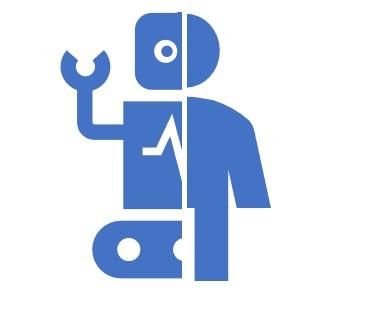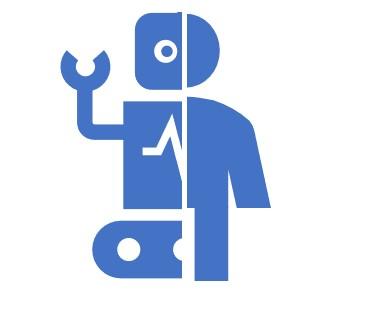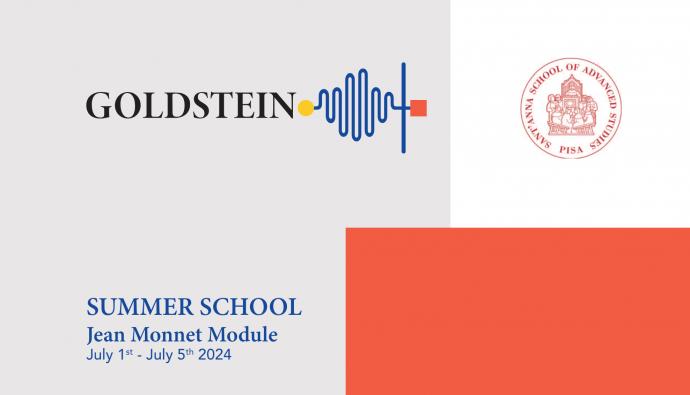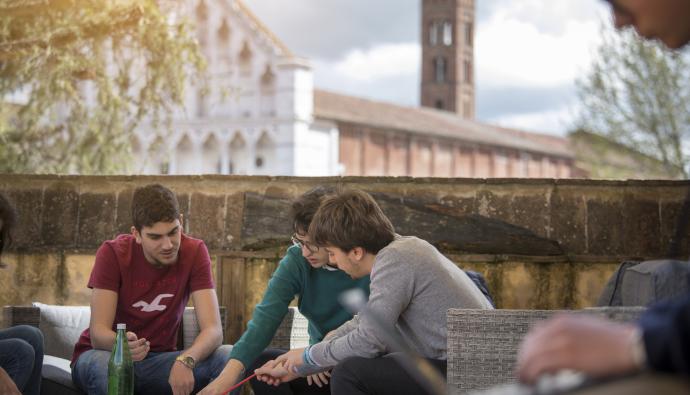AdaPtive beHavioRal mODels of robotic systems based on brain-inspired AI cogniTivE architectures (APHRODITE)
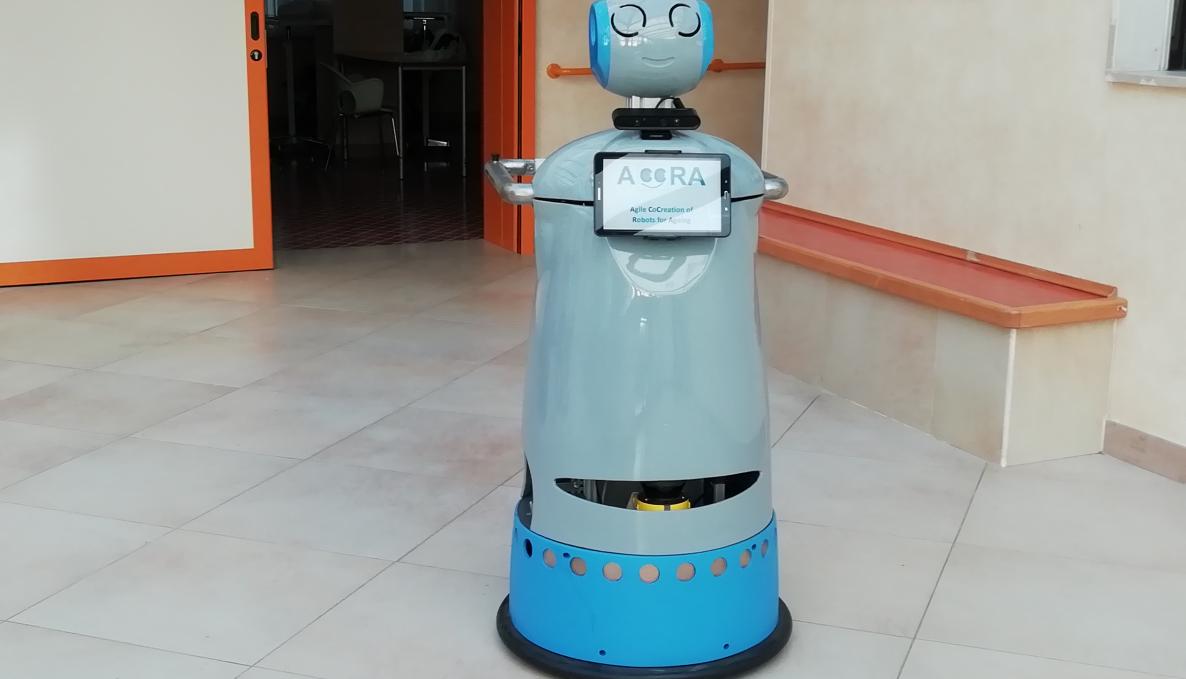
The workshop "AdaPtive beHavioRal mODels of robotic systems based on brain-inspired AI cogniTivE architectures (APHRODITE)" is organized in conjunction with IEEE RO-MAN ‘20 - The 29th IEEE International Symposium on Robot and Human Interactive Communication. The cooperation between humans and robots is becoming increasingly important in our society. Consequently, there is a growing interest in the development of models that can enhance the interaction between humans and robots. This workshop aims to bring together researchers from different scientific community in order to promote cooperation and discussion with the idea that a multidisciplinary context is ideal for fostering this research topic.
OBJECTIVE OF THE WORKSHOP
The cooperation between humans and robots is becoming increasingly important in our society. Consequently, there is a growing interest in the development of models that can enhance the interaction between humans and robots. A key challenge in the Human-Robot Interaction (HRI) field is to provide robots with cognitive and affective capabilities, developing architectures that let them establish empathetic relationships with users. Current literature demonstrates that a substantial part of research work in this area is addressing fundamental scientific problem in cognitive human robot interaction, i.e. development of cognitive models for robots and understanding of human mental models of robots. Indeed, nowadays research efforts aim to develop innovative adaptable behavioral models of robotic systems based on brain-inspired AI cognitive architectures to enhance spatial communication capabilities in robots to interact with humans with different cognitive and motor capabilities. The key challenge is how to develop a computational model that can simulate the modality human beings interact with each other. The idea to develop a robot with a social behavior is to let him aware to properly react, up to now the development of robotic functionality are mainly devoted to transmit the content of information without pay so much attention to “how” say it like human beings usually do. The robot should be able to process all the input data it gathered from the sensors but also the ones provided by the clinicians to profile the user and provide the appropriate behaviors. While these research topics are potentially relevant with a high social and scientific impact, there are still gaps from a scientific perspective. It is needed to have more discussions and developments, and extensive testing on the field, for improving robot capabilities and clinically validating solutions for healthcare applications. In this context, this workshop aims to: present the main results in the development of behavioral model for robot solutions; investigate the social cues to be included in the system; investigate how to tailor and personalize the HRI; investigate the role of the clinician and the therapist in user profiling; investigate how robot could be used in understanding social cognition. Reports from preliminary on the field tests will also be reported. The main objectives of this workshop are:
- Reviewing the state of the art in developing behavioral models, which are already deployed, as well as those being currently developed;
- Reviewing the existing methods and approaches for studying and developing architectures;
- Reviewing the requirements for real-world use of ICT and robots by elderly people with different needs;
- Identifying critical barriers, including technical, clinical, assurance, regulation, etc. aspects;
- Analyzing the relationship between the social, clinical and AI aspects in developing behavioral model.
- Analyzing the adequacy of existing guidelines and standards and identify gaps in the current researches using a set of real-world use cases.
This workshop has the purpose of bringing together a multidisciplinary group of researchers from areas including, but not limited to, psychology, neuroscience, computer science, and sociology, who are interested in or actively working on the application of artificial intelligence to social robotics in order to foster research and development of technologies and services specifically designed for the wellbeing and care of the elderly.
LIST OF TOPICS
Topics of interest include: Robot companions; Social interaction; Development and Learning for HRI; Robot as a tool to study social cognition; Cultural differences in user needs/expectations; Multi-modal human-machine interfaces; Intelligent and Cognition-based User Interaction; Human behavioural modelling; Activity monitoring systems/activity recognition; Multi-modal perception; Novel sensors; Smart environments; Other related topics.
CHAIRS
Main Organizer
Laura Fiorini - The BioRobotics Institute, Scuola Superiore Sant'Anna
Co-Organizers
Filippo Cavallo - The BioRobotics Institute, Scuola Superiore Sant'Anna
Gabriella Cortellessa - Conisiglio Nazionale delle Ricerche,Istituto di Scienze e Teconologie della Cognizione
Artur Serrano - The Faculty of Medicine and Health Sciences, Norwegian University of Science and Technology (NTNU)
Marek Bundzel - Dept. of Cybernetics and Artificial Intelligence, Technical University of Košice
Joao Quintas - Instituto Pedro Nunes
Download the list of Chairs with professional skills
IMPORTANT DATES
Submission of workshop abstracts: 30/06/2020
Notification of acceptance for workshop abstracts: 14/07/2020
Submission of camera-ready workshop abstracts: 31/07/2020
Workshop: 31/08/2020
CALL FOR PAPER
All researchers interested in contributing to the discussion are invited to submit an abstract of their work, prepared using the IEEE format. Paper contribution may be short (up to 4 pages) or long (up to 6 pages). These papers will be reviewed by selected scholars.
Please direct submissions to the following address: laura.fiorini@santannapisa.it.
IEEE proceedings format kits and instructions can be found at this LINK
Download APHRODITE_CALL FOR PAPER
PROCEEDINGS AND JOURNAL SPECIAL ISSUE
We would like to inform you that this workshop is linked to a Special Issue of the International Journal of Social Robotics, titled Behavioral model for robot based on brain-inspired AI cognitive architecture.
This special issue is now open for submission. Authors of a manuscript accepted (including those with minor revisions) for publication in the Special Issue before the 25/08/2020 will be given the opportunity to present at the workshop. Vice versa, authors of best contributions accepted at the workshop will be invited to submit a revised and substantially extended versions of selected papers to the special issue.
Manuscripts can be submitted to the special issue at any time. All papers will be peer-reviewed. Accepted papers will be published continuously in the journal (as soon as accepted) and will be listed together on the special issue website. Please visit the Instructions for Authors page before submitting a manuscript.
You can find more details at the official web page
INVITED SPEAKERS
These speakers were contacted from workshop organizers because of their key research within the development behavioural model for robot
- Agnieszka Wykowska, Istituto Italiano di Technologia, Italy – already contacted
Partnership & correlate event of APHRODITE workshop
This workshop is organized in conjunction with “SocIal ROBOTics for active and healthy ageing” (SI-ROBOTICS) project founded by the Italian “Ministero dell’Istruzione, dell’Università e della Ricerca” under the framework “PON - Ricerca e Innovazione 2014-2020”, Grant Agreement ARS01_01120 and The LIFEBOTS Exchange project that has received funding from the European Union’s Horizon 2020 research and innovation programme under the grant agreement No. 824047.



